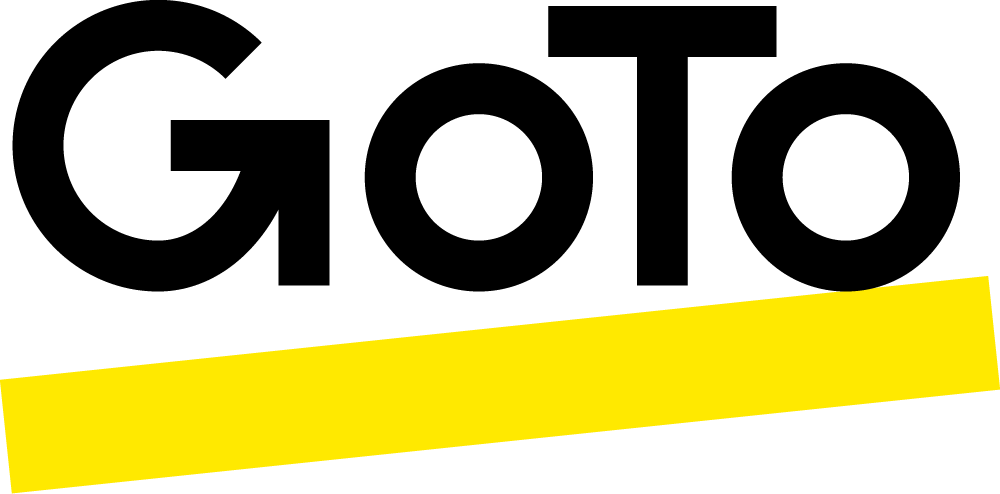Gamers and Gaming
It may sound outrageous but it’s true: gaming at work increases productivity. It’s not that big of a stretch in an age when everyone claims to have a “work hard, play hard” culture. For some companies, this translates into setting up gaming consoles in the break room. For others, it’s starting office leagues, or hosting gaming conventions and competitions.
Here’s some background on why video games may be the buff you need to fix your productivity problems.
Gamers
For years, parents maintained that video games melt your brain. But the last few generations have grown up on games. In fact, much of the most recent generations’ digital proficiency is credited to exposure to video games. In particular, video games ease people into a mindset that easily complements digital skills. For example, 78 percent of cybersecurity authorities said the generation currently entering the workforce are stronger candidates for cybersecurity positions because of their background in video games.
Gaming
Naturally, we can’t discuss the gamer generations without also addressing how gaming itself has changed as well. In their infancy, video games required a time investment few people could afford, except for children reveling in the glory of summer vacation. But these days they’ve evolved beyond the hours-long quests to rescue princesses, crush orc armies, and build the perfect cities. The current crop of app-based games are much shorter and provide simplified game mechanics. This makes them the perfect pastime during a short break. Instead of taking five hours, your typical gamer can finish a session in around five to ten minutes.
How Gaming at Work Increases Productivity
The point is, video games are no longer just for kids. Recent research shows that 42 percent of Americans play video games at least three hours per week. It’s no surprise that games have begun to take on a role in the workplace as well.
In recent years, many companies have turned to gamification—i.e., applying game principles to workplace experiences— to increase productivity and retention. This article isn’t about gamification, but the concept is similar. Like gamification, gaming in the workplace reduces stress and offers other valuable benefits, including:
#1. Re-energizes and de-stresses employees
Everyone needs a break, a chance to step away from work and take a breather. Sometimes this is necessary to bust out of a mental cycle when you’re stuck on a problem. Taking a quick time-out helps you tackle these issues from a different angle. Researchers have found that video games effectively re-charge employees’ batteries and encourage creative solutions to problems.
#2. Delivers psychological benefits
Recent findings have determined that gaming, neurologically speaking, is “the opposite of depression.” According to a presentation by game designer and author Jane McGonigal, video games deliver a very real, measurable psychological benefit.
Brain scans taken from people playing video games have shown that gaming stimulates both the rewards pathway system and the hippocampus. This means games typically deliver a neurochemical cocktail that both motivates us and enhances learning capabilities and memory. In people suffering from depression, these are the parts of the brain that fail to activate. With mental health concerns becoming a priority for employers, perhaps one possible response is to facilitate gaming during daily breaks.
#3. Builds teamwork
Working as a team is as important in a multiplayer video game as it is in the office. Everyone has a role to play, and the team usually wins when everyone cooperates. That is one caution studies offer to companies that invite gaming into the workplace. Employees who play cooperatively tended to perform better than those who played competitively. Gaming together can also provide insights into a each other’s strengths and weaknesses, creating opportunities for more personalized collaboration.
Video games also offer another means for social engagement. Employees or teams who normally wouldn’t interact could cross paths playing together at work. With mobile gaming becoming more prevalent, video games can also serve as a way to encourage team-building between in-office and remote teams. Video games also set people at ease and give them permission to have fun and be themselves. Playing a game, you can show off another side of your—maybe you’re super competitive, or silly, or like to trash talking, etc.
Give employees a power-up with workplace gaming.
As you attempt to boost employee engagement and morale, try incorporating gaming into your workplace. Many tech industry leaders with the same goal have sought to re-envision the workplace as not just a place for work. They offer foosball, on-site gyms, daycare, and even swimming pools in their effort to attract talent. Since gamers make up almost 66 percent of the U.S. population, why not including gaming in that mix?
Wondering how to pitch video games to your boss as a means to improve productivity? Try using our ebook: 15 Steps to Score That “Yes”: How to Pitch a Business Idea to Your Boss.








